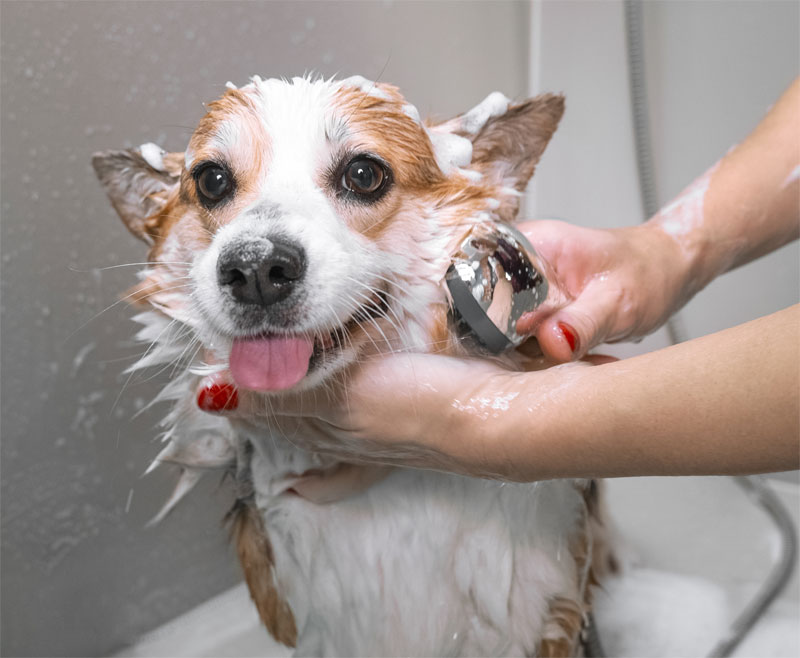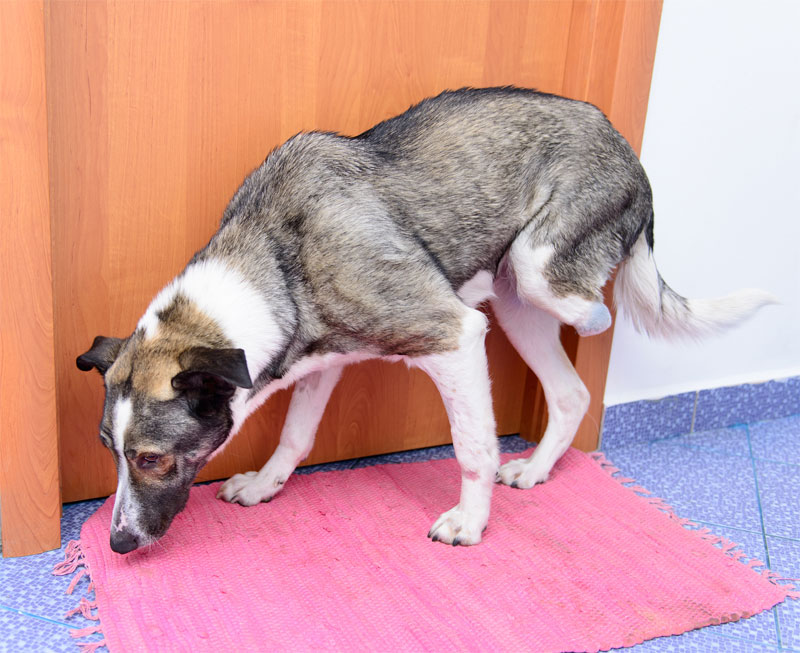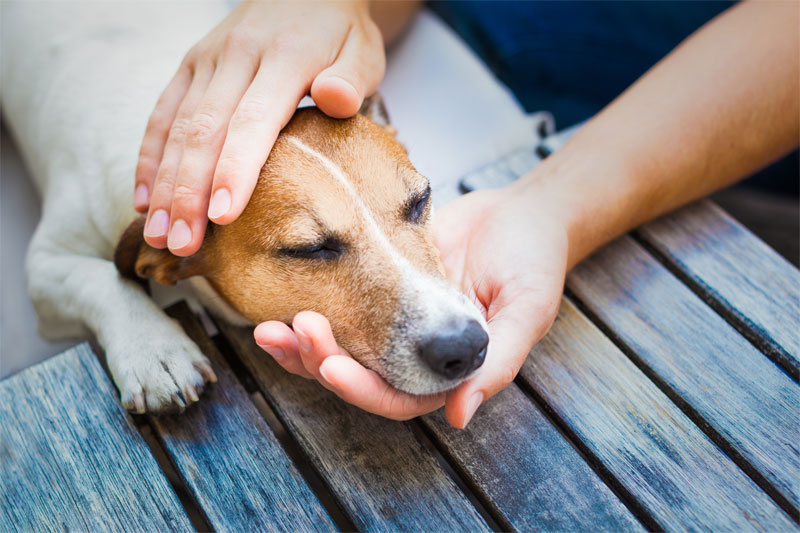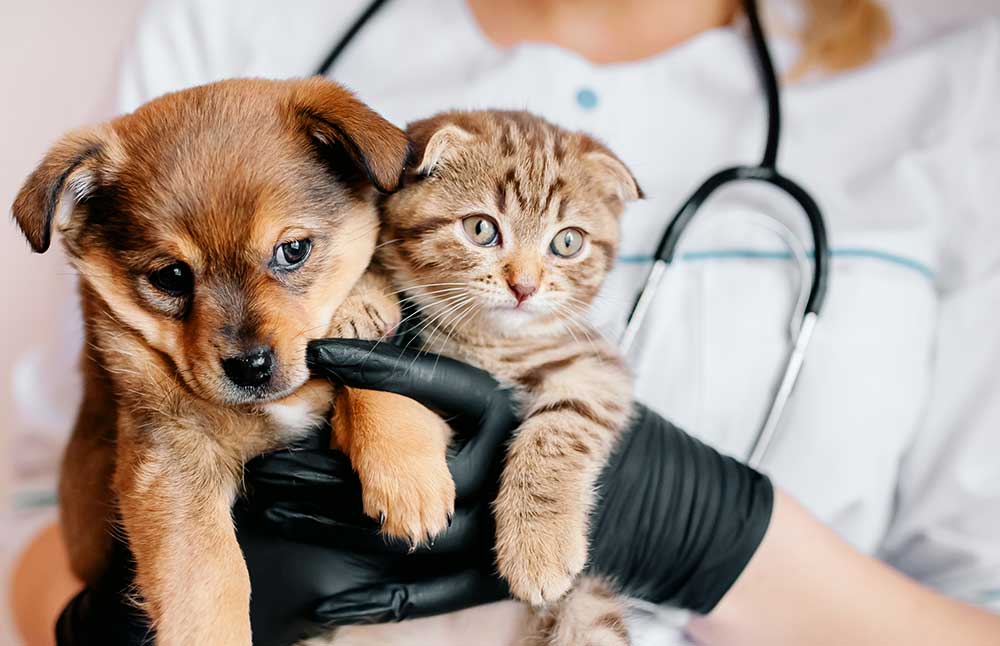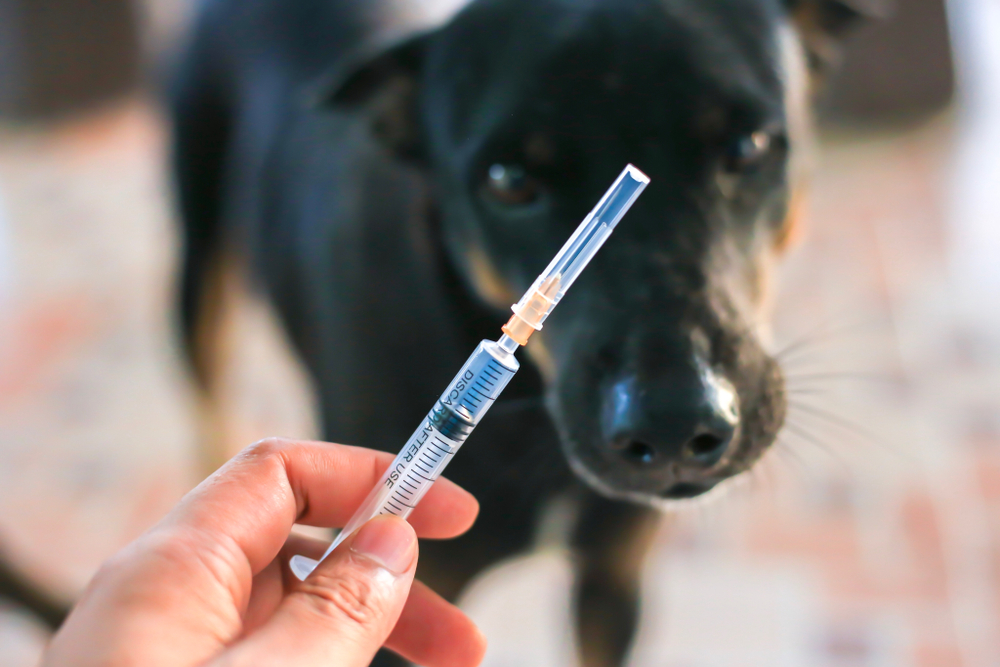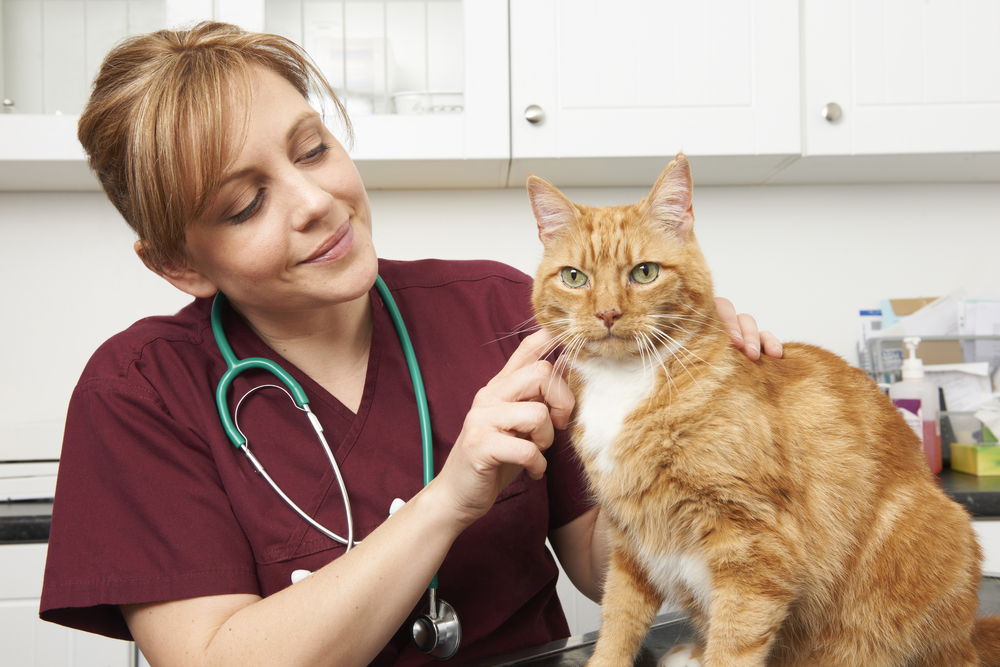
Is My Pet Protected From Lyme Disease?
Ticks can be active year-round in Southern California, but the peak tick season occurs during June and July. During these times ticks tend to be out in greater numbers and most active. To be safe, however, we recommend making sure your pets are protected from ticks (and Lyme disease) throughout the year.
What Is Lyme Disease?
Lyme disease is an illness caused by an infection with the Borrelia burgdorferi bacteria. Lyme disease can be transmitted to humans, dogs, cats, and other animals. It is one of the infections most commonly transmitted by ticks (specifically the blacklegged tick or deer tick species), and it’s highly common in the northeast, midwest, and all along the Pacific Coast of the United States.
Pets can become infected with Lyme disease when the bacteria responsible for it enters the bloodstream through the bite of an infected tick. This usually occurs after about 24 to 48 hours of attachment. Symptoms of Lyme disease typically don’t show up right away, either. You might notice lethargy, joint swelling, fever, appetite loss, and/or kidney problems later on.




How to Protect Your Pets From Lyme Disease
There is a canine vaccine for Lyme disease, but the best way to protect pets from Lyme disease is with medications designed to protect your pet from parasites. These come in a variety of easy-to-administer forms such as chewables, topicals, and collars. No matter which form you choose, parasite preventatives need to be carefully administered according to instructions to ensure your pet is adequately protected.
You can also protect your pets by avoiding areas where ticks are common. These include brushy, grassy, and heavily wooded areas. You should also check your pet for ticks after coming in from outside. Check their ears, nose, between their toes, legs, and their belly.
Parasite Protection With Our Mobile Veterinarian in Carlsbad, CA
Lyme disease isn’t the only tick-borne illness; there are plenty of others and lots of health risks for pets that are related to other parasites, too. To keep your pets safe and healthy, parasite prevention from all sorts of parasites and the health risks they prevent should be a routine part of your pet’s ongoing wellness and preventative care. Our veterinarians at Signature Veterinary Services recommend protecting pets with preventative medications that guard against ticks, fleas, heartworms, and intestinal parasites.
To get a recommendation on the safest and most effective parasite preventative medications for the pets in your family, we welcome you to schedule a housecall appointment with our mobile veterinary clinic.

















